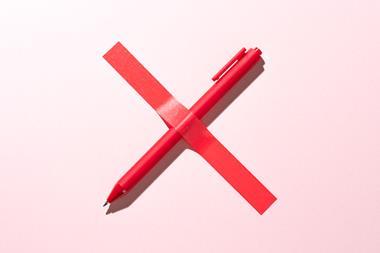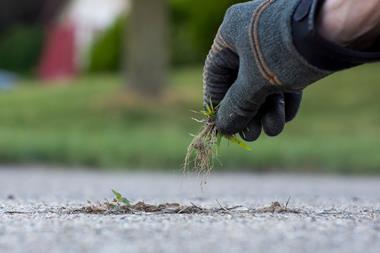Clarivate, the owner of Web of Science, has said that this year it will start excluding citations to and from retracted content when calculating a journal’s impact factor.
The retracted articles will still be included in the article count to maintain transparency and accountability, senior vice president at Clarivate and editor-in-chief of Web of Science Nandita Quaderi said in a blog post on 15 May, but will no longer contribute to the numerical value of the journal impact factor (JIF).
In recent years, there has been an increase in the number of retractions and there are indications that the time it takes to retract indexed articles is declining, Quaderi wrote. ‘Given these trends, we have decided to introduce a new policy to pre-emptively guard against any such time that citations to and from retracted content could contribute to widespread distortions in the JIF,’ she added.
Articles are retracted for a variety of reasons, from honest mistakes to intentional manipulation. In October last year, an analytical chemist at Japan’s National Institute of Advanced Industrial Science and Technology had at least 13 papers retracted after an extensive investigation revealed widespread scientific misconduct in his research, including fabrication, falsification of figures and inappropriate authorship.
Quaderi said that retractions play a ‘crucial role’ in maintaining the integrity of the scholarly record, but highlighted that even trustworthy journals sometimes publish content that goes on to be retracted. ‘Citations to and from retracted content need to be treated with caution,’ she said. ‘Currently, retracted articles represent only a tiny fraction of the scholarly record; in the Web of Science Core Collection, retracted content represents just 0.04% of indexed content.’
This change is the latest step in Clarivate’s ongoing work to support research integrity. The organisation has also been adopting new approaches to clamp down on journals not meeting its quality standards.

















No comments yet